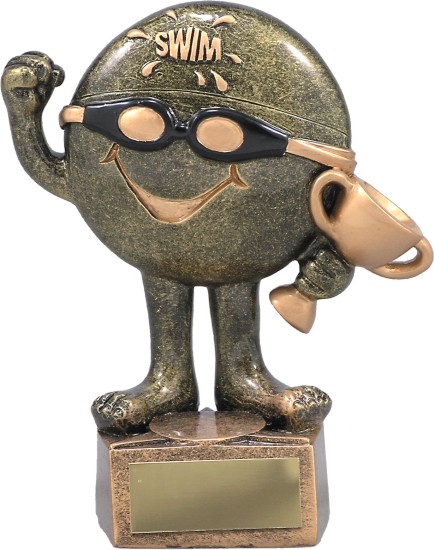"There are no points for second place."
Those words may fly at elite military institutions like Top Gun, in moments winning can mean the difference between life and death, but it is not the case in youth sports leagues across America, where kids get points for coming in first, last, and everyplace in-between. A product of the self-esteem movement, parents and coaches today feel obligated to heap praise on children, no matter if they deserve it or not. No matter if they hit a home run or made the error that lost the game for their team. That is, if they even keep score at all.
Studies have shown that rewarding kids just for participating can have a negative impact, producing a self-obsessed, irresponsible, and unmotivated generation of false achievers. At the far end of the spectrum, inflated self-esteem has been found in criminals, junkies, and bullies, which is supposed to have been what the self-esteem movement was trying to steer children away from.
But today's young athletes are celebrated just for showing up, as youth sports programs now universally award trophies no matter if your kids won or lost.
Airing this month, an HBO Real Sports episode takes a look at how handing out trophies, regardless of success, may ultimately lead to failure. Here are the major takeaways from the report that illustrates why rewarding kids with weightless praise can backfire.
Too Many Trophies Is Bad
According to HBO, there has been a seismic shift in American culture in an effort to make each child feel special. The mentality has created an atmosphere where everyone gets a trophy, but awarding medals and trophies just for participation sets the bar very low, according to experts. Trophies make kids feel like finishing in last place may be good enough.
The Self-Esteem Movement Failed
Ashley Merryman, the author of Losing Is Good for You, told HBO that "none of it works." She said that the self-esteem movement failed to teach kids how to succeed, and giving kids a participation trophy stunts their competitive edge.
Trophies Are Big Business
The economic impact of the trophy-for-everybody has been very good for business for trophy companies. The sheer number of awards produced today have created a $2 billion industry.
Parents Are Part of the Problem
Every parent wants their kids to be happy. There's nothing wrong with that. But parents are among the biggest culprits when it comes to giving kids an inflated sense of self-worth. One Los Angeles youth soccer league doesn't even keep score, and hands out participation trophies to every child whose name is on the roster. When the league tried to stop handing out trophies for showing up, parents actually went out and bought their own trophies for last-place finishers so they would feel special, too.
Science Says Our Kids Are Getting Soft
C. Robert Cloninger, a doctor at Washington University in St. Louis, told HBO that awarding trophies to all kids can have negative biological impacts, too.
The technical term partial-reinforcement extinction effect: "All that means is that if you constantly reward a kid, you spoil them, and you don't build a capacity for them to be resilient to frustration," Cloninger said. In short, protecting kids from the agony of defeat blunts their competitive edge and never teaches them to properly deal with adversity.
"We have to get over the notion that everyone has to be a winner in the United States," Cloninger said. "It just isn't true."
– Evan Grossman
Read more: http://www.mensjournal.com/adventure/races-sports/how-participation-trophies-are-making-our-kids-soft-20150725#ixzz3hP8jRFG3
Follow us: @mensjournal on Twitter | MensJournal on Facebook
